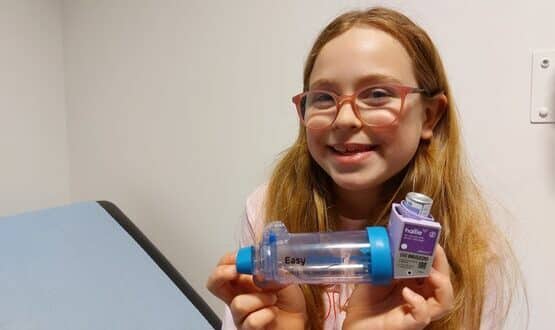Sustainable population health requires getting “everyone in the same room”
- 30 October 2023

Sustainable and inclusive population health requires a number of prerequisites, including good leadership, appropriate technology and the ability to get buy-in from a range of different services at the start, panelists said in a session at the King’s Fund’s Digital Care Congress earlier this month.
Asim Patel, chief digital officer at Lancashire and South Cumbria Integrated Care Board spoke of the challenges of serving a geographically diverse population of 1.8 million, a third of which is living in some of the most disadvantaged communities in England. It is within this context, he said, that his ICB is shifting its healthcare focus to early prevention and population health.
“The models previously, and I think today genuinely, are around treating ill health,” he told the Congress audience. “But if we are going to improve outcomes, we need to start shifting the dial, and that means you are looking at prevention rather than treatment.”
Focusing on prevention has the potential to contribute to better outcomes and reduce inequalities, Patel added, as well as to a more resilient workforce and more efficient use of health and care resources. Better data within ICBs is a fundamental part of this transition, he said.
“So when it comes to the maturity of our digital data landscape, it has to be closely aligned to the strategic ambitions,” he said. “It can’t be just technology for the sake of technology.”
Linking data collection with strategic goals
Tying data into strategic ambitions can also help to make for more sustainable financial decisions, Patel said, adding: “If you look around the NHS and health and care system generally, the outstanding organisations are the ones that have a big appetite to take risk in this space and also implement digital, closely aligned to patient pathways.”
At the same time, Patel said, having the highest technical specifications is ultimately less important than ensuring strong leadership that understands the objectives of digital investment and its role in the transformation of care models.
Emily Burch, chief nursing information officer for the North London Mental Health Partnership, echoed Patel’s comments about leadership. “It’s about making sure you’ve got leadership that recognises there is more than just hospital and acute care, that there are multiple providers within that area,” she said. “This also requires digital leaders to recognise that care is being delivered in areas that aren’t traditional, including at home.
“When you’ve got that leadership that understands that and can bring the right people into the room, you can then really start having discussions about what your similarities or differences are and how you can work together to achieve that interoperability,” she said.
Bringing the correct group of people into the same room at the very beginning of the digital integration process can help ICBs avoid problems such as new technology that doesn’t adequately serve the needs of mental health or community health as well as hospitals.
Amanda Begley, director of transformation at the Health Innovation Network, agreed that articulation of a strategy and objectives is necessary from the outset: “It’s not starting with the innovation of technology but really helping the system to articulate what their challenges and problems are, and getting a sense from the system of what sort of criteria they might be looking for from an innovation, what sort of functionality.”
The Health Innovation Network has developed a virtual award specification to support ICBs in procuring technology, which can be adapted to the local context, she added.




